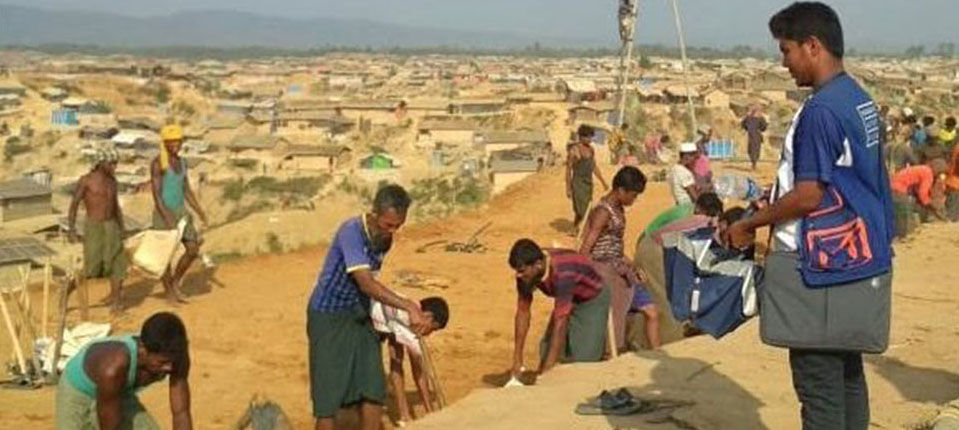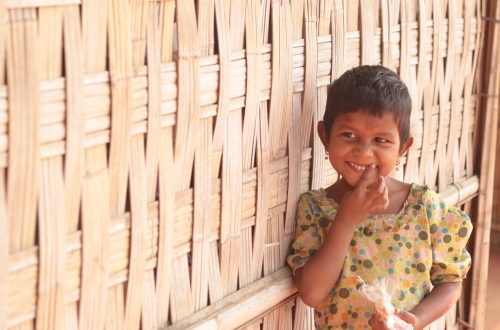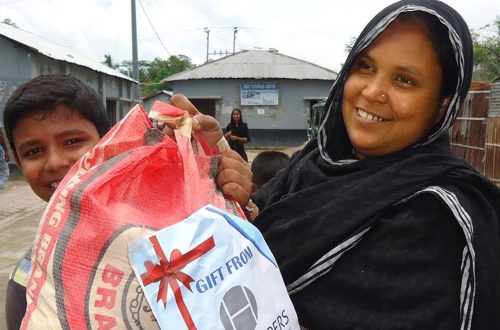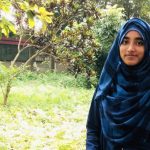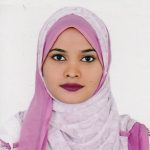Sewing Program
OBAT Helpers started a women’s sewing center with the initial support of HOPE International Development Agency in Canada. The center houses 58 sewing machines to provide sewing training to Rohingya women and adolescent girls, through organized classes taught by a sewing instructor. The project is organized by the Rohingya Women and Girl’s Empowerment Association (RWGEA), a committee comprised of Rohingya women, who help to arrange the logistics of the sewing class. In addition, OBAT intends to broaden the project to include handcraft training for women. These trainings are intended to provide Rohingya women with the skills necessary to produce textile products to sell in the market. The sewing program takes place in OBAT’s Women’s Empowerment Center.
At present the scope for generating income in the camps, particularly for women, is limited. Through this Sewing Project, OBAT aims to provide Rohingya women with the opportunity to generate an income for their family through the tailoring skills they acquire in the class. This will increase their capacity to produce garments, handicrafts and other tailor-made products for sale in marketplaces. Additionally, the project aims to provide Rohingya women with a sense of dignity and humanity by offering them empowering classes where they can learn useful skills while socializing in a safe women’s space.
Capacity Building
OBAT builds capacity within the refugee and host communities to establish trust with our patients, create highly-responsive solutions, and allow for opportunities for empowerment. We employ and train individuals from the Rohingya community to take history/physical examinations and also provide Rohingya interpretation which results in better information sharing, more accurate diagnoses, and also capacity building for the refugee population. OBAT further trains all health care staff to show compassion in every encounter with patients which deepens trust. Our community health workers are trained in areas such as providing CPR and how to tackle outbreak of diseases such as diphtheria. Project management and leadership are also taught to the host and refugee communities to enhance their skills and increase their performance.

